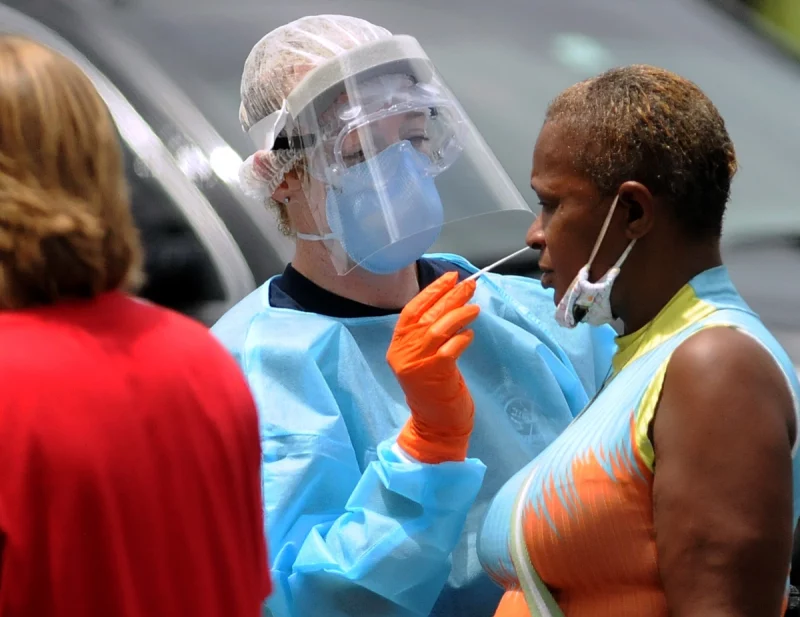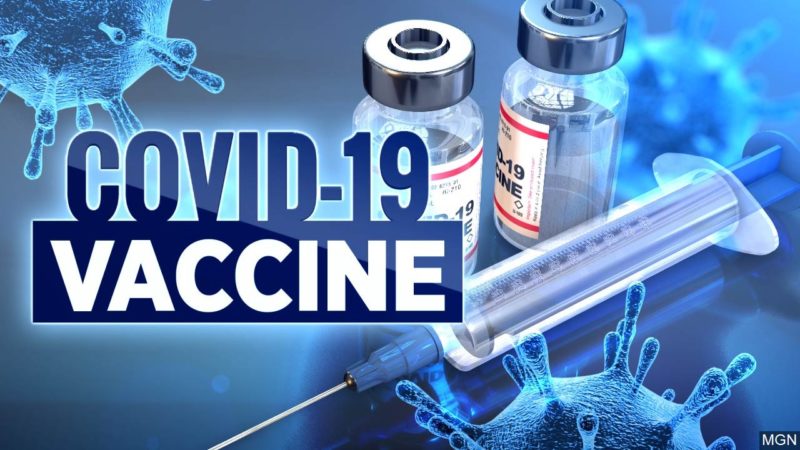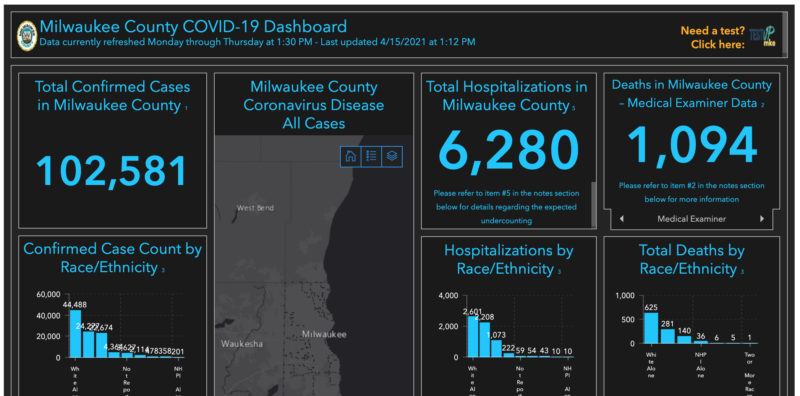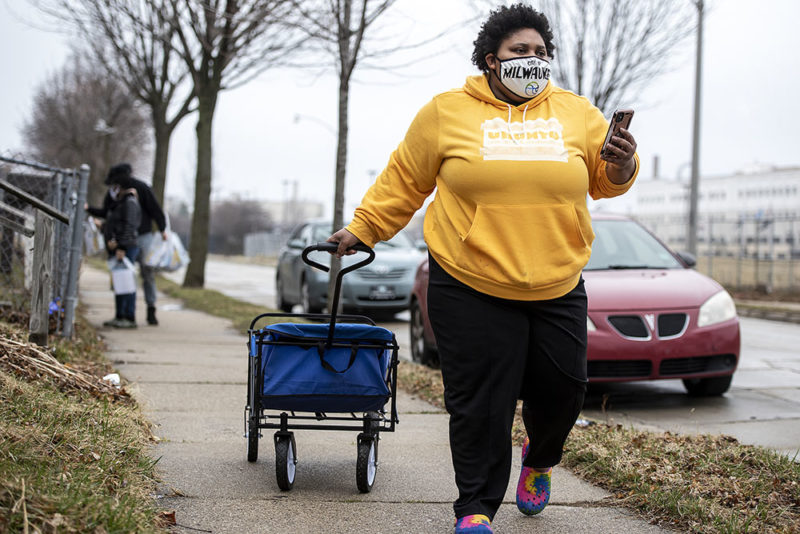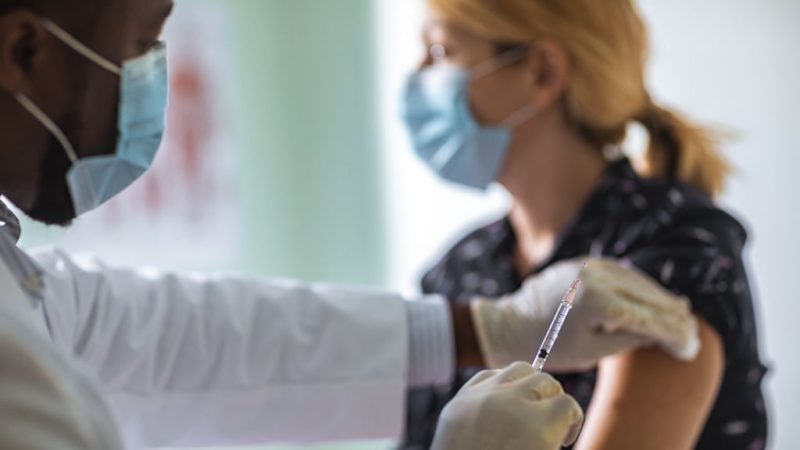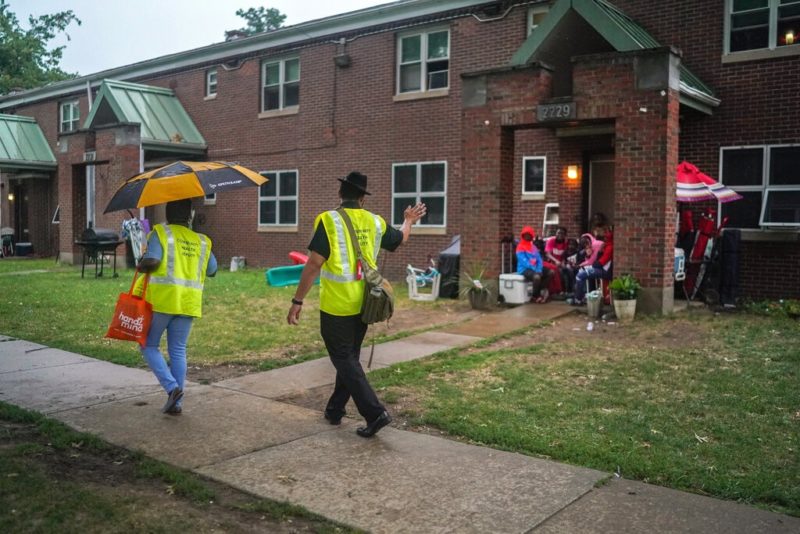Posts Tagged ‘Health Disparities’
Remembering When Cotton was King and Blacks Enduring Quest for Economic Justice
The economic inequalities that stem from slavery have contributed to the health dispartities experienced by the black community in the age of a pandemic.
Read MoreAs COVID Precautions Drop, Black Americans Remain More Affected — and More Concerned
Surveys show that Black people have more lingering concerns about COVID-19 than white people, despite more relaxed guidelines for prevention.
Read MoreThe Racial Gap in U.S. Vaccinations Is Shrinking, but Work Remains
This article looks at differences in access to the Covid- 19 vaccine, based on race. There has been progress in accessibility to the vaccine, but there are still people in need.
Read MoreMilwaukee helping shape a national conversation on racism as a public health crisis
Inequality can be deadly.
Milwaukee was among the first counties to reveal how deadly when the coronavirus pandemic struck just over a year ago. By tracking and publicly sharing demographic data, officials here quickly recognized what soon became a troubling national trend: COVID-19 was devastating Black and Latino communities. Milwaukee County was one of the very first in the country to explicitly track this data based on race.The data has helped determine where resources would be directed, including when it came to testing and vaccinations.
Read MoreSpecial News Series: Rising Up For Justice! – CDC Director Declares Racism A ‘Serious Public Health Threat’
“Racism is a serious public health threat that directly affects the well-being of millions of Americans,” declared the head of the US Centers for Disease Control and Prevention. “As a result, it affects the health of our entire nation. Racism is not just the discrimination against one group based on the color of their skin or their race or ethnicity, but the structural barriers that impact racial and ethnic groups differently to influence where a person lives, where they work, where their children play, and where they worship and gather in community. These social determinants of health have life-long negative effects on the mental and physical health of individuals in communities of color.
Read More‘We’re not given the option to get vaccinated’: Advocates work to narrow racial and ethnic disparities in Wisconsin
Some of Wisconsin’s most vulnerable populations struggle to access COVID-19 vaccines, and volunteers and community groups are trying to erase barriers.
Read MoreCOVID Black is using data and creating space to honor Black lives lost to virus
Kim Gallon creates a digital space, COVID Black, to memorialize each individual Black life that has been lost in the pandemic. COVID Black is intended to be a space of healing and create conversations about the future of Black health.
Read MoreInitial data show majority of COVID-19 vaccine doses in Milwaukee County have gone to white, younger residents
The vast majority of people being vaccinated right now are white and in younger age groups — figures that need to change in the coming weeks.
Read MoreBlack and Latino students in California are suffering most from the pandemic, a lawsuit says.
Minorities in California are impacted the most from Coronavirus, amplified by the inequalities present in the Californian education system.
Read More‘I Won’t be Used as a Guinea Pig for White People’
African-American inclusion in Coronavirus medical studies is crucial for racial equality. People of color have suffered the most from Covid-19, but Black people have been more hesitant than other groups to get vaccines due to a long history of abuse by medical experimenters.
Read More
